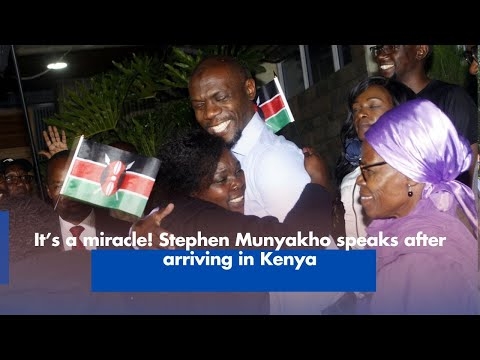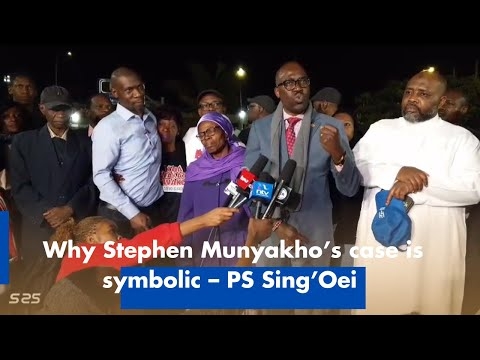
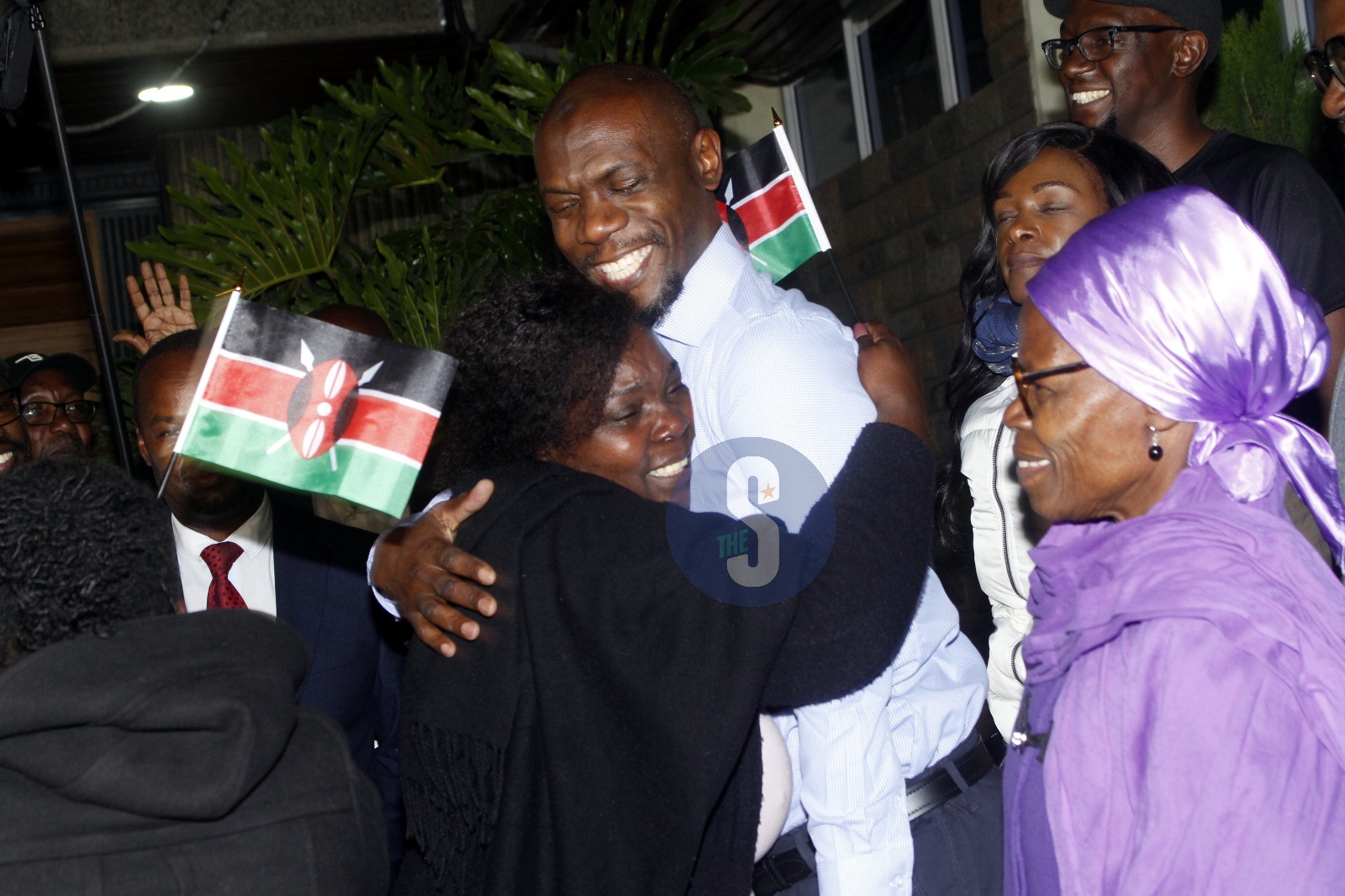
After 13 long years on death row in Saudi Arabia, Stephen Munyakho, now known as Abdulkareem, is finally back on Kenyan soil—a free man.
But behind his miraculous return lies the unwavering determination and tireless sacrifice of one woman.
His mother, Dorothy Kweyu, a veteran journalist waged a relentless battle to save her son’s life.
“It is a miracle,” was all Dorothy could say as she welcomed her son home in Nairobi, holding back tears that had waited over a decade to fall.
Munyakho had gone to Saudi Arabia in search of a better life, working as a warehouse manager. But in April 2011, a confrontation with a Yemeni colleague turned fatal.
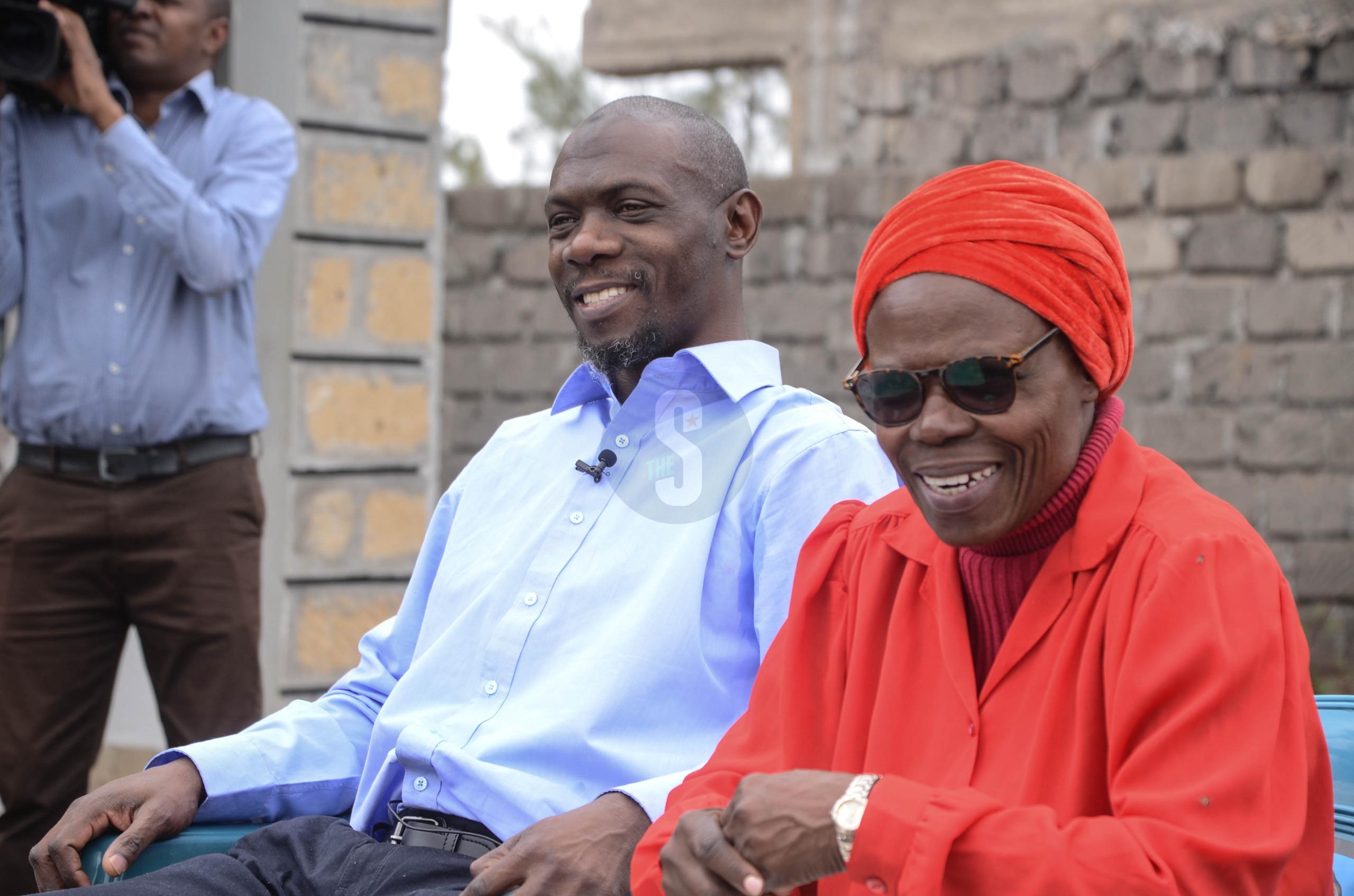
Though initially sentenced to five years for manslaughter, the victim's family appealed to a Shariah court, which escalated the sentence to death by execution.
What followed was a 13-year legal and emotional ordeal for the Munyakho family—particularly for Dorothy.
The sentence could only be overturned through the payment of “diyya,” or blood money, a form of restitution permitted under Islamic law.
Initially set at a staggering Sh400 million, the amount was later negotiated down to Sh150 million—still far beyond the family’s means.
Undeterred, Dorothy launched an extraordinary public campaign to save her son, appearing on media platforms, knocking on the doors of government officials, and rallying support from friends, former colleagues, and well-wishers.
“I almost gave up,” she admitted in an interview with AVDelta News.
“But each day, someone would send Sh500. Another would say, ‘We are praying.’ That kept me going.”
Dorothy’s cause soon gained national traction. With the help of fellow journalists and veterans from the media industry—Joseph Odindo, Wangethi Mwangi, and Bosire, among others—the “Bring Back Stevo” campaign was born.
Wangethi Mwangi served as the campaign chairperson, helping to organize appeals and fundraisers.
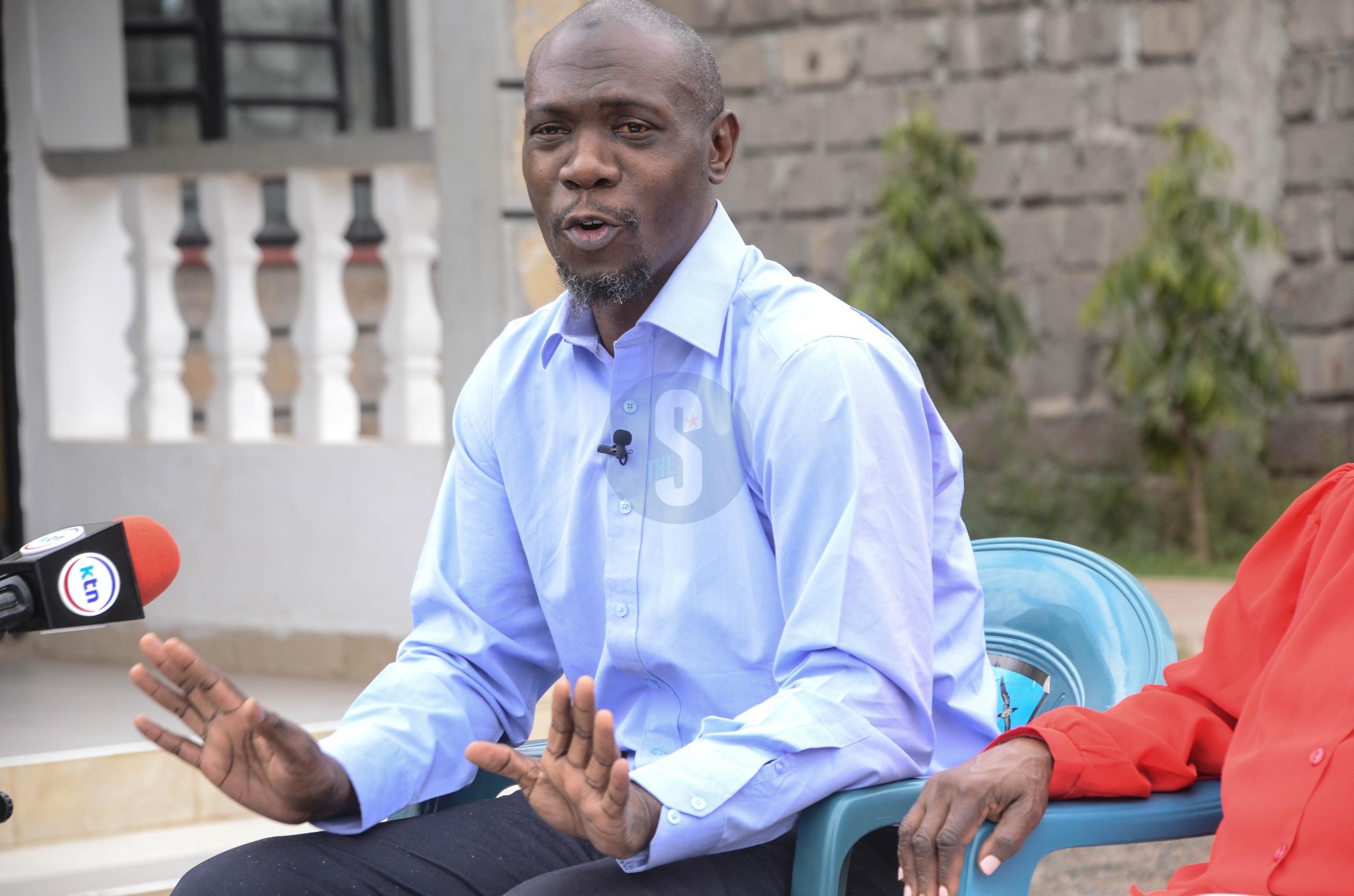
In March 2024, Dorothy turned to Kenya’s Ministry of Foreign and Diaspora Affairs for intervention.
Principal Secretary Korir Sing’oei successfully negotiated a postponement of the execution with Saudi authorities, buying time for the family to raise the needed funds.
As the October 2024 deadline loomed, Dorothy made another impassioned appeal. While only Sh20 million had been raised locally, the turning point came when the Muslim World League contributed Sh129.5 million, bridging the gap and clearing the diya.
Behind the scenes, high-level diplomacy played a critical role. Prime Cabinet Secretary Musalia Mudavadi later revealed that President William Ruto personally intervened, reaching out to Saudi Crown Prince Mohammed bin Salman to request leniency and more time to complete negotiations.
The Kenyan Embassy in Riyadh also worked closely with Dorothy, offering diplomatic support and facilitating communication between the family, legal representatives, and Saudi authorities.
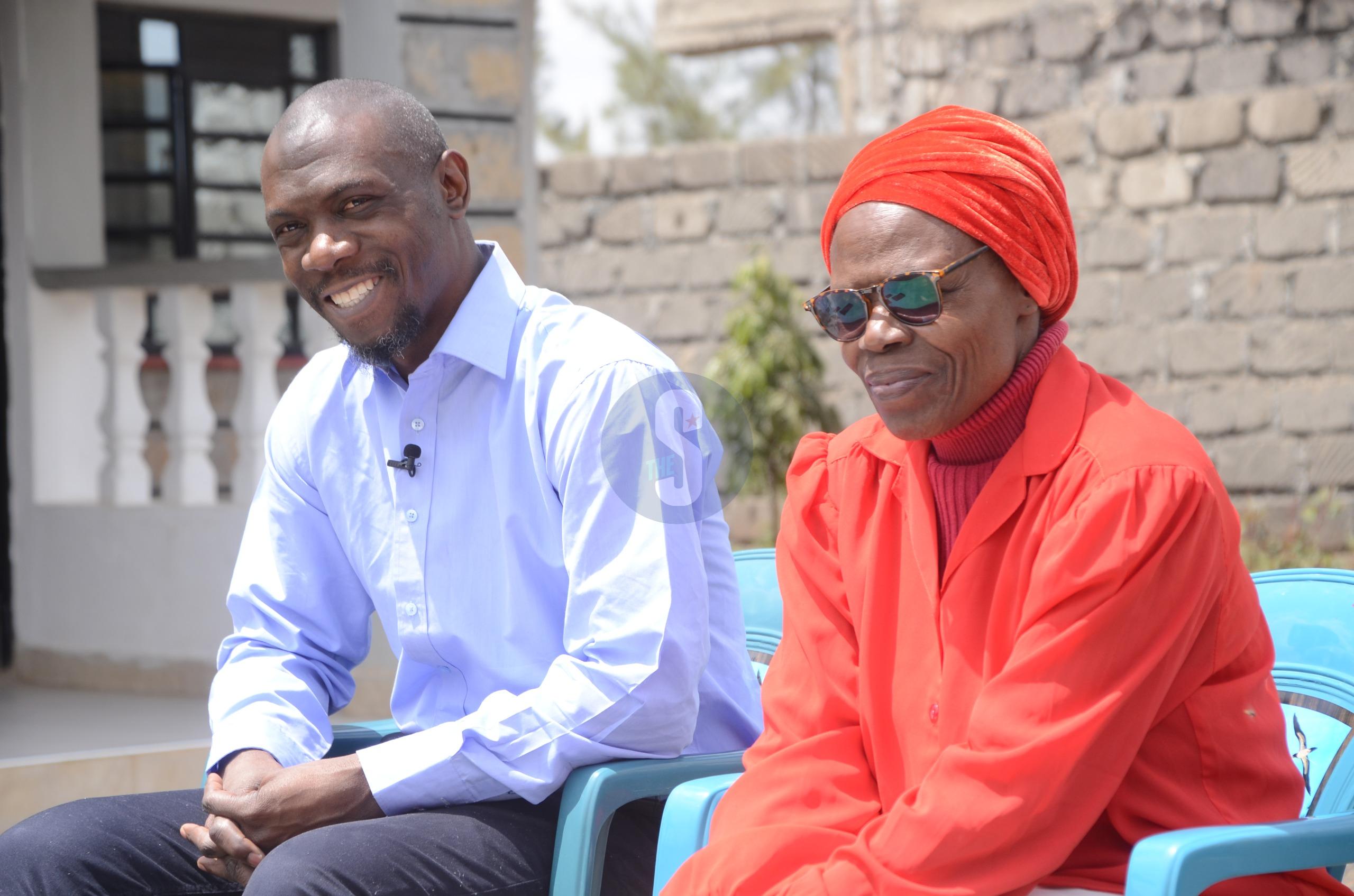
The final deal with the victim’s family brought an end to years of uncertainty. Munyakho was granted a pardon and released from Shimeisi Prison in the Makkah region, where he had been held since his conviction in 2012.
From newsrooms to boardrooms, she lobbied, pleaded, and persevered—mobilising not just resources, but a nation’s compassion.
Her campaign drew contributions from ordinary Kenyans, journalists, diplomats, politicians, and faith-based organisations. It demonstrated the power of solidarity and storytelling in a matter where diplomacy, justice, and human life intersected.
Now home, Munyakho is expected to begin rebuilding his life after spending nearly half of it in foreign prisons.

